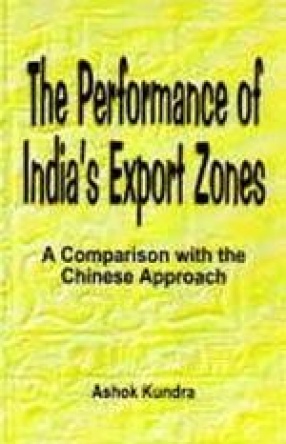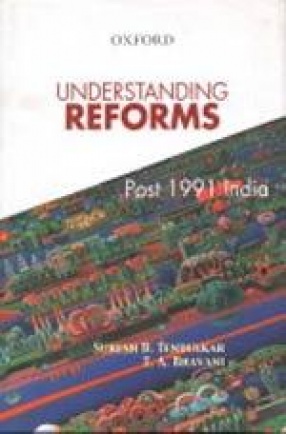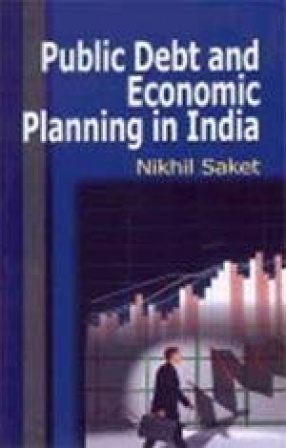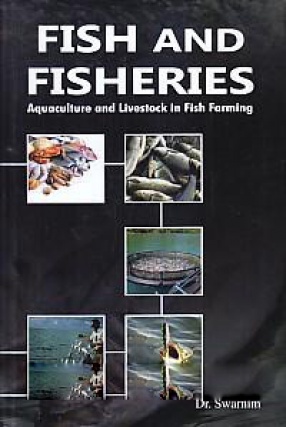A strategy for economic growth adopted by many Asian countries is that of encouraging export manufacture and trade. To this end, special enclaves have been created by some governments where only export oriented activities are allowed. China was one of the first nations to successfully adopt this approach through the establishment of Special Economic Zones. India embarked on this path by setting up Export Processing Zones (EPZs) and subsequently formulated another scheme in the early eighties to encourage Export-Oriented Units (EOUs) outside those zones. This comprehensive study provides an in-depth analysis of the evolution, performance, problems and future of this important policy option aimed at facilitating export manufacture under a duty-free regime. In the first part of the book, Dr. Kundra discusses the policy framework for EPZs/EOUs, their growth and performance, and their contribution to the country’s exports. The author profiles all the seven EPZs and outlines the rationale for a complementary EOU scheme. He also evaluates the impact of the policy changes introduced in the nineties. Part two of the book looks at the concept, policy design and performance of China’s Special Export Zones (SEZs). The role of various policy initiatives–such as devolution of economic power, thrust on exports and technological exchanges, aggressive marketing, flexible labour regulations, linkages with the interior, and attractive preferential policies–in the success of China’s SEZs has also been analyzed. The third part examines the relevance of China’s experience for India. Dr. Kundra advocates a paradigm shift in policy to encourage large-sized zones based on the Chinese pattern. He also makes a strong case for decentralizing economic powers in favour of state governments, and for reform in micro management systems. A comprehensive and unique work on the subject of EPZs and EOUs in India, this book will be of interest to those in the fields of commerce, finance, international trade, economics, politics and industry, as also to policy makers.
The Performance of India’s Export Zones
In stock
Free & Quick Delivery Worldwide
reviews
Bibliographic information
Title
The Performance of India’s Export Zones
Author
Edition
1st ed.
Publisher
ISBN
817036924X
Length
276p., Tables.
Subjects





There are no reviews yet.